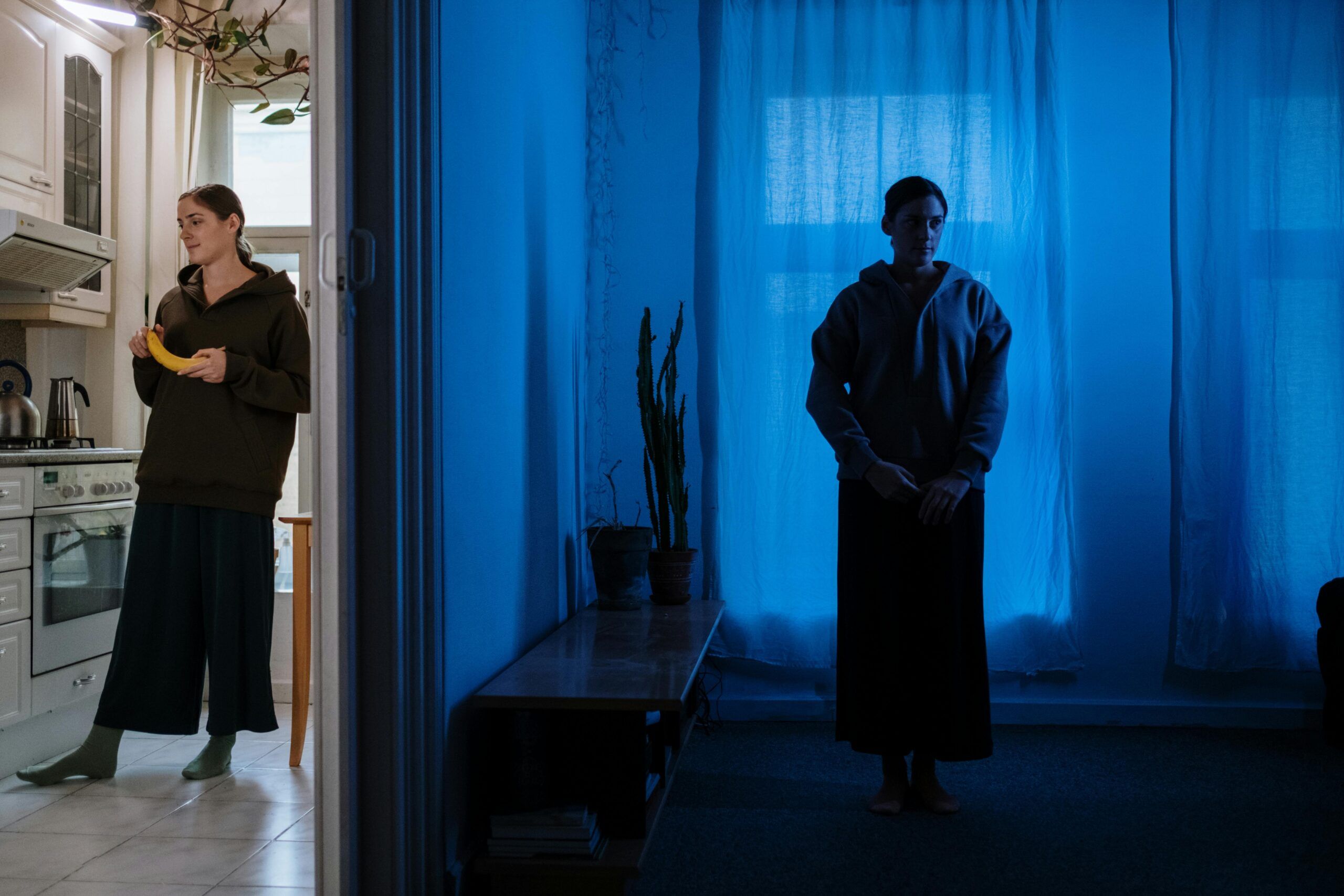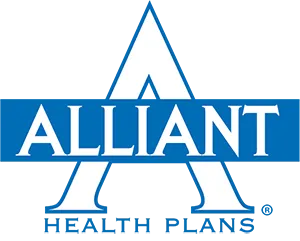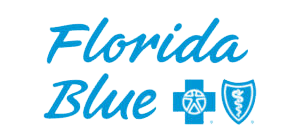Bipolar Disorder Treatment Center in Rome, GA
Bipolar Disorder Treatment Center in Rome, GA

In Rome, Georgia, it is reported that 1 in 5 people may experience some form of mental health issue, which includes bipolar disorder, major depression, schizophrenia, and others.
Floyd County has been coping with ongoing mental health challenges, particularly since the closure of local psychiatric hospitals, which has left individuals with chronic conditions, including bipolar disorder, without adequate support.
Fairland Recovery Center is a bipolar disorder treatment center in Rome, GA, that offers help for local and nearby residents. We provide care for those dealing with manic and depressive episodes. Our center has trained staff ready to help any client who walks through our doors.
We use different methods to treat bipolar disorder. This may include therapy, medicine, and teaching coping skills. The goal is to help people manage their symptoms and live better lives. Clients can find the right fit for their needs at our facility. Getting help can make a big difference for those with bipolar disorder.
Glimpse into Life with Bipolar Disorder
Bipolar disorder is a complex mental health disorder that affects mood, energy, and behavior. This mental illness involves extreme shifts between manic highs and depressive lows. These changes can significantly impact a person’s daily life and relationships.
Symptoms and Diagnosis
Bipolar disorder is a personality disorder, and symptoms vary widely. During manic episodes, people may feel highly energetic and happy. They might talk fast, sleep little, and take risks.
In depressive episodes, individuals often feel sad, hopeless, and tired. They may lose interest in activities they once enjoyed. To diagnose bipolar disorder, doctors look for patterns of these mood swings over time. They also rule out other conditions that might cause similar symptoms.
Key signs of bipolar disorder:
- Extreme mood changes
- Changes in energy levels
- Shifts in sleep patterns
- Risky behavior during manic periods
Types of Bipolar Disorder
There are several types of bipolar disorder. Each type has its own pattern of symptoms.
- Bipolar I: This type involves manic episodes lasting at least 7 days. Additionally, depressive episodes often occur.
- Bipolar II: People with this type have less severe manic episodes called hypomania. They also have depressive episodes.
- Cyclothymic Disorder: This involves many periods of hypomanic and depressive symptoms. The symptoms are milder than in Bipolar I or II.
Common Co-Occurring Disorders
Many people with bipolar disorder also have other mental health conditions that require mental health treatment. These can make diagnosis and treatment more complex.
- Anxiety Disorders: About half of the people with bipolar disorder also have an anxiety disorder. This can include panic disorder or social anxiety.
- ADHD: Attention-deficit/hyperactivity disorder shares some symptoms with bipolar disorder. It’s essential to get the correct diagnosis.
- Substance Use Disorder: Some people with bipolar disorder use drugs or alcohol to cope with symptoms. This can lead to addiction, which requires substance abuse treatment.
Fairland Recovery Center can help manage bipolar disorder and any co-occurring conditions. We offer various services to support recovery and improve the quality of life. We aim to correctly diagnose primary and co-occurring conditions to ensure every client receives the highest-quality and most effective care.
Treatment Approaches
Our bipolar disorder treatment centers in Rome, GA, offer a range of methods to help patients manage their condition. These approaches aim to stabilize mood, reduce symptoms, and improve overall quality of life to aid recovery.
Medication Management
Our team of psychiatrists plays a key role in prescribing and managing medications for bipolar disorder. They often use mood stabilizers to even out emotional highs and lows.
Common options include lithium and anticonvulsants. Antidepressants may be used to treat depressive episodes. Antipsychotics can help with manic phases or psychotic symptoms.
Your doctor will monitor side effects and adjust doses as needed. Regular check-ups are essential to ensure the medication plan is working well.
Therapy and Counseling Techniques
Talk therapy is a vital part of bipolar treatment. Fairland Recovery Center’s psychotherapies include some of the following:
- Cognitive Behavioral Therapy (CBT) helps patients identify and change negative thought patterns.
- Dialectical Behavior Therapy (DBT) teaches skills to manage emotions and improve relationships. Individual therapy sessions allow for personalized support and problem-solving.
- Therapists may also focus on trauma treatment if needed. They can help patients develop coping strategies for stress and mood swings.
- Group therapy offers a chance to connect with others facing similar challenges, and family therapy can improve communication and support at home.
Integrative Therapies
Many centers offer holistic approaches to comprehensive treatment alongside traditional treatments. These may include the following:
- Nutrition counseling helps to support brain health through diet.
- Exercise programs can help regulate mood and improve overall well-being. Some facilities provide yoga or meditation classes for stress relief.
- Art or music therapy allows for creative expression and emotional processing.
- Spiritual support may be available for those who find it helpful in their healing journey.
- Crisis intervention services are often part of the treatment plan. These ensure quick support during emergencies or severe mood episodes.
Specialized Programs
Fairland Recovery Center offers several key programs to help patients. These include partial hospitalization, inpatient care, and sober living homes, each meeting different needs and levels of care.
Some centers offer specialized treatment for teens and young adults with bipolar disorder.
Partial Hospitalization Program
Our partial hospitalization program (PHP) provides intensive care while allowing patients to return home each night. It runs 5-7 days a week for several hours each day.
Patients take part in:
- Group therapy sessions
- Individual counseling
- Medication management
- Life skills training
This program helps stabilize symptoms and teach coping skills. It works well for adults who need more support than weekly therapy but don’t require 24-hour care.
Intensive Outpatient Program (IOP)
IOP, as a level of care in mental health or addiction treatment, provides structured therapeutic interventions while allowing patients to continue with their daily activities, such as work or school.
Here are the key components of IOP:
- Structured Treatment Sessions
- Focus on Skill Development
- Regular Assessment
- Peer Support
- Family Involvement
This program is ideal for individuals who require more support than traditional outpatient treatment but do not need 24-hour supervision provided by inpatient programs.
Inpatient Hospitalization
Inpatient care offers round-the-clock treatment for severe symptoms or crises. Patients stay at the facility full-time, usually for 5-14 days.
The residential treatment program includes:
- 24/7 monitoring and support
- Daily therapy sessions
- Medication adjustments
- Safe, structured environment
This level of care aims to stabilize acute symptoms quickly. It helps patients in crisis or those who have not improved with other treatments.
Adolescent Treatment Programs
Some centers in Rome, Georgia, offer specialized care for teens ages 13-17 with bipolar disorder. These programs address the unique needs of young people.
Key elements include:
- Age-appropriate therapy groups
- Family involvement and education
- Academic support
- Focus on social skills
Teens may take part in partial hospitalization or inpatient care as needed. The goal is to manage symptoms while supporting normal growth and development for overall healthcare.
Support Services
Support services for people with bipolar disorder must be available. These services help patients, families, and caregivers manage the condition and improve quality of life.
Family and Caregiver Support
Support groups are available for families and caregivers of adults with bipolar disorder. These groups provide a safe space to share experiences and learn coping strategies.
Educational workshops teach families about bipolar disorder symptoms, treatments, and communication techniques. This knowledge helps improve relationships and reduce stress at home.
Family counseling sessions help relatives better understand their loved one’s condition and learn how to provide effective support.
Continuing Care and Relapse Prevention
Aftercare planning is crucial for long-term stability. At Fairland Recovery Center, we work with patients to create personalized plans for managing bipolar disorder after discharge. Relapse prevention strategies focus on identifying triggers and early warning signs. Patients learn coping skills to handle mood changes and maintain stability.
Regular check-ins with mental health professionals help monitor medication effectiveness and adjust treatment as needed. This ongoing care supports long-term recovery and prevents relapses. Peer support programs are another service we offer, and they connect individuals in recovery. These connections provide motivation and practical advice for managing bipolar disorder in daily life.
Managing Co-Occurring Conditions
People with bipolar disorder often face other health issues at the same time. These can make treatment more complex, but not impossible. Proper care addresses all conditions together for the best results.
Substance Abuse and Addiction
Fairland Recovery Center often deals with patients who struggle with both bipolar disorder and substance abuse. This combination is common and needs special care. Alcohol and drug addictions can worsen bipolar symptoms.
They can also make medications less effective. Our treatment center focuses on helping patients stop using substances safely. Therapy and support groups play a significant role in recovery. These help patients learn to cope without drugs or alcohol. Some centers use special programs for addictions to specific substances like THC or meth.
Addressing Dual Diagnosis
Dual diagnosis means having both bipolar disorder and another mental health issue. It’s a challenge that needs careful handling.
Treatment might include:
- Medication for bipolar disorder and other conditions
- Therapy to deal with both sets of symptoms
- Skills training to manage daily life
The goal is to improve overall mental health, not just treat one condition.
Additional Mental Health Challenges
People with bipolar disorder may also face other mental health issues. Common ones include anxiety, PTSD, and sometimes schizophrenia. These extra challenges can affect mood swings and make bipolar symptoms worse. Treatment plans must address each condition.
Therapy helps patients deal with fear and build self-esteem. It also teaches ways to manage symptoms of multiple disorders. Some treatments work for more than one condition. For example, certain medications can help with both bipolar disorder and anxiety.
Wellness and Personal Development
Wellness and personal development play a key role in managing bipolar disorder. These areas help patients build resilience and create a fulfilling life beyond diagnosis.
Improving Life Skills
Life skills training is crucial for those with bipolar disorder. Patients learn to manage anger and control impulses. This helps them avoid manic episodes.
Communication skills are also taught. Better communication leads to stronger relationships. It can reduce conflicts at home and work. Patients practice through role-playing and group sessions. They learn to express their needs clearly and listen actively.
Time management is another vital skill. It helps patients stick to routines. Regular schedules can prevent mood swings.
Coping with Life Transitions
Life changes can trigger bipolar episodes. Learning to cope with transitions is vital. This includes significant events like divorce or relocation.
Patients learn to plan for changes. They create support systems to help during hard times. Therapy can help process emotions linked to transitions.
At Fairland Recovery Center, our clients learn mindfulness techniques. This helps patients stay grounded during stress. They learn to focus on the present moment.
Building Self-Worth and Community Connection
Low self-esteem often comes with bipolar disorder. Building self-worth is a key treatment goal. Patients learn to value themselves beyond their illness. Therapy helps identify negative thought patterns. Patients replace these with positive self-talk. They set achievable goals to boost confidence.
Community connection is also important. It fights loneliness and isolation. Volunteering is often encouraged. It gives a sense of purpose and joy. Patients can use their skills to help others. This builds self-esteem and community ties.
Support is a Phone Call Away
Don’t let bipolar disorder control your life any longer. At Fairland Recovery Center in Rome, GA, we’re committed to helping you manage your condition and improve your quality of life.
Our team understands your challenges and is ready to support you every step of the way. Contact Fairland Recovery Center at info@fairlandrecoverycenter.com to schedule a consultation and discover how we can assist you in your recovery journey. Your mental health matters – let us help you reclaim control and live the life you deserve.
Find Help Now
We accept most major insurances











